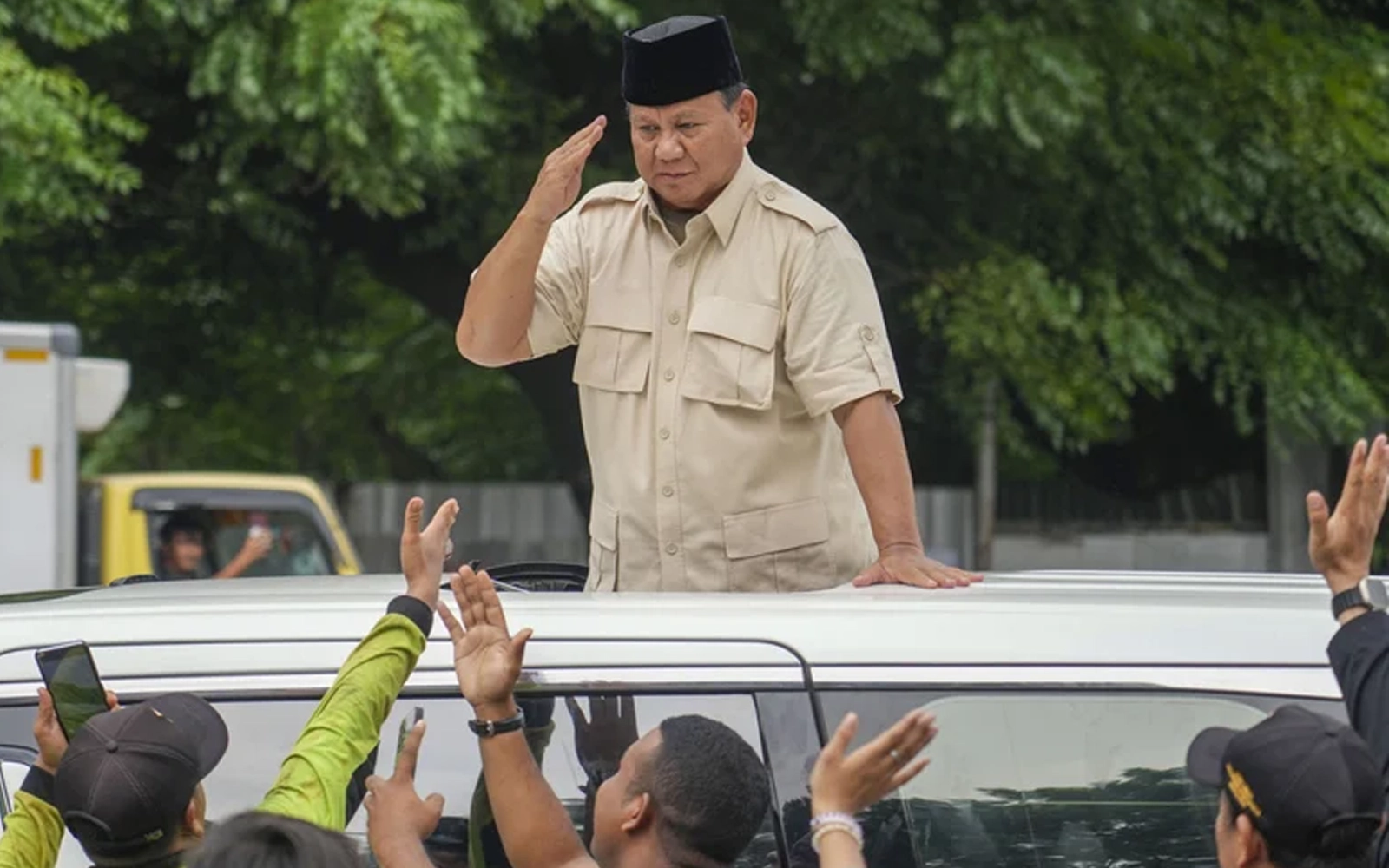
PETALING JAYA: Indonesia’s presidential candidates have won praise for avoiding racially charged rhetoric ahead of last month’s general election, with a leader at a strategic advisory firm drawing comparisons with the situation in other countries in the region.

Douglas Ramage, managing director of the Indonesian branch of BowerGroupAsia, said politicians in the country had refrained from using polarising and divisive language in their campaign speeches.
“What strikes me is that all three candidate pairs did not reach for any use of polarising language. No one sought to get an advantage based on race or religion,” he told FMT.
He added that the same could not be said for other politicians in Malaysia and Singapore.
Indonesia’s defence minister Prabowo Subianto declared victory on Feb 14 after unofficial counts showed him leading with about 58% of votes, Reuters reported.
Anies Baswedan and Ganjar Pranowo trailed with about 25% and 17% respectively, according to independent pollsters.
In Malaysia, several political leaders were accused of playing up 3R issues, or issues concerning race, religion and royalty, in the lead-up to the six state elections last August.
This was despite warnings from top cop Razarudin Husain and communications minister Fahmi Fadzil.
At an exclusive event hosted by BowerGroupAsia and the Malaysian Administrative and Diplomatic Service Association, he also shared insights about what to expect from the Prabowo administration in terms of policymaking and economic activities in Indonesia.
Broader appeal
Ramage said Indonesia was able to hold free, fair and democratic elections after the fall of Suharto’s authoritarian regime by learning from other Southeast Asian countries.
“The Indonesian government looked at the Philippines and saw that putting the president and vice-president on opposing tickets built instability into its voting system.
“Indonesia said ‘We absolutely can’t have that’,” he said.
Indonesia held its first direct presidential election in 2004, following an amendment to its constitution that previously required both the president and vice-president to be elected by the People’s Consultative Assembly.
Ramage said Indonesia also prevents presidential candidates from catering to a specific group of people by making it compulsory for the winner to garner more than 50% of votes on election day.
Otherwise, a second round of voting between the two leading candidates, also known as a run-off, will be called.
“The election system requires you to run to the middle. It requires candidates to appeal broadly to Indonesian voters.
“This is why, in national elections, candidates running on platforms more concerned with religion, or those proposing more formal linkages between Islam and the state, have tended not to attract most mainstream voters.”
Ramage said this system differs from that of the US, which appears to reward polarising views on major issues in the country. - FMT



No comments:
Post a Comment
Note: Only a member of this blog may post a comment.